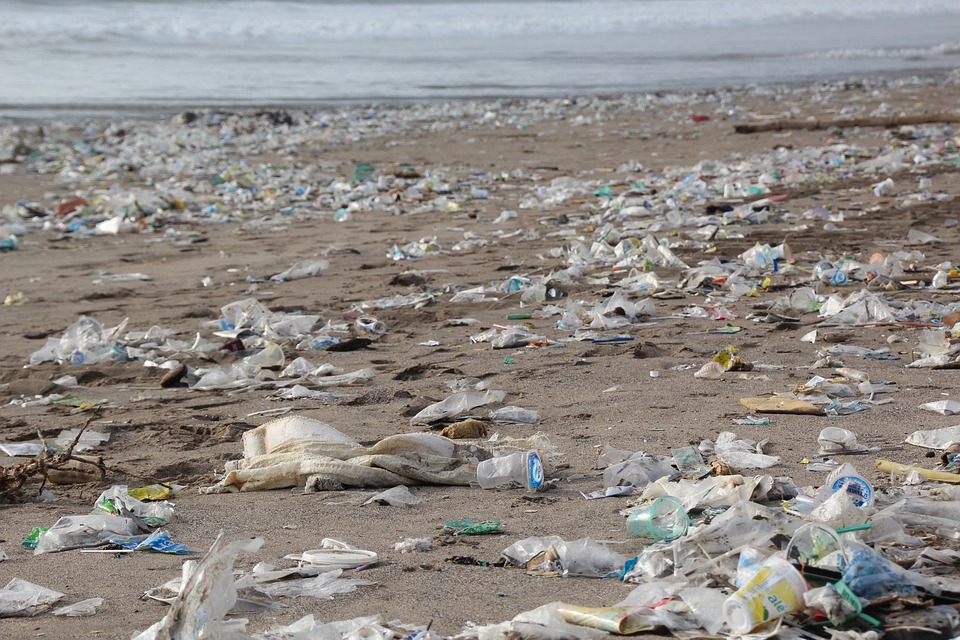Bali Bans All Single Use Plastic!
Greetings! Here is some good news about banning single-plastic use items…
…According to Bali Governor, Wayan Koster from an article in the Jakarta Post, “Bali has banned the use of single-use plastic items in a bid to cut down on ocean pollution.” This new law, which bans plastic bags, straws and Styrofoam, went into effect on July 2nd, after Bali’s six-month transition that ended this past June. Governor Koster and the Indonesian government are passionate and have very ambitious goals for their new policy. In fact, they are “hoping to achieve a 70 percent decrease in Bali’s plastic waste within a year.”
Koster explained, “This policy is aimed at producers, distributors, suppliers and business actors, including individuals, to suppress the use of single-use plastics. They must substitute plastics with other materials. For those who do not comply with the ban, Koster said, “If they disobey, we will take action, like not extending their business permit.”
According to Trip Advisor, “Bali is a living postcard, an Indonesian paradise that feels like a fantasy. Soak up the sun on a stretch of fine white sand, or commune with the tropical creatures as you dive along coral ridges or the colorful wreck of a WWII war ship. On shore, the lush jungle shelters stone temples and mischievous monkeys. The “artistic capital” of Ubud is the perfect place to see a cultural dance performance, take a batik or silver-smithing workshop, or invigorate your mind and body in a yoga class.”
Tourism is big money for Bali. So it is easy to see why Bali’s Governor wants to ban Bali’s single-use plastic.
According to The Guardian, “Every stage of the plastic lifecycle releases harmful carbon emissions into the atmosphere, contributing to global heating. If growth continues on its present trajectory, plastic production, use and disposal could create 56 billion metric tons in cumulative greenhouse emissions by 2050.”
According to The Center for International Environmental Law (CIEL), “Because plastics are made almost entirely from fossil fuels – natural gas, oil, and coal account for 99% of what goes into plastic. Thus, plastic’s climate impacts begin not in the oceans, but at the wellheads and drill pads where plastic is born.”
If you are in Florida and you see a sick or injured manatee, please call the Florida Fish and Wildlife Conservation Commission at: 1-888-404-FWCC. They are the folks who are responsible for rescuing us in Florida.
Here’s the Save the Manatee Club link to learn more about manatees …
Here’s a cool link for you to learn more about how we’re rescued and brought into rehabilitation …
~ Kobee Manatee
